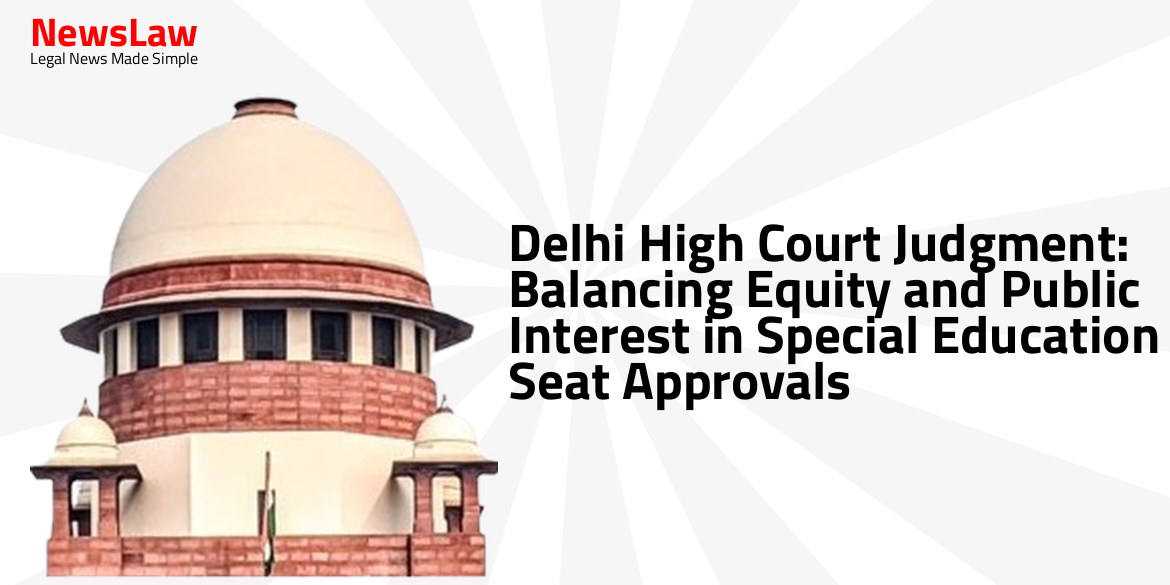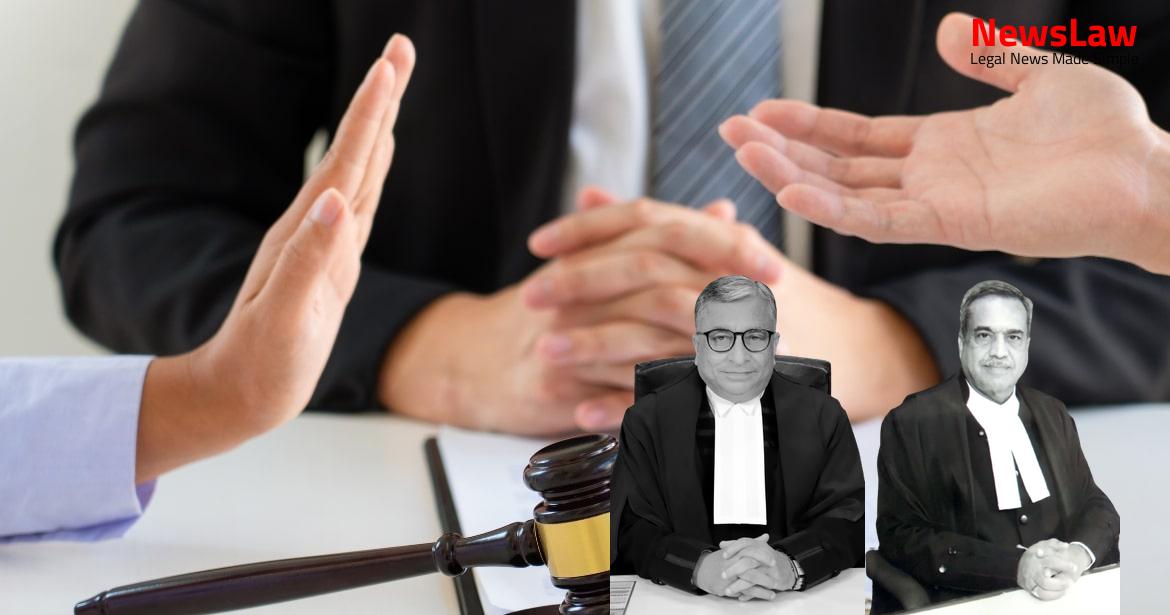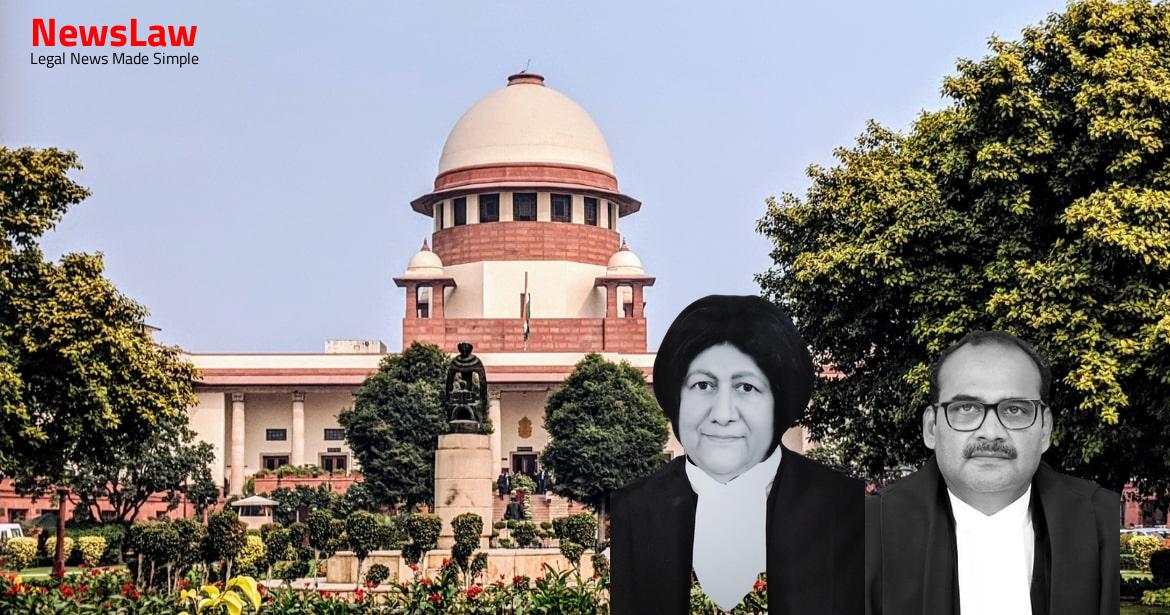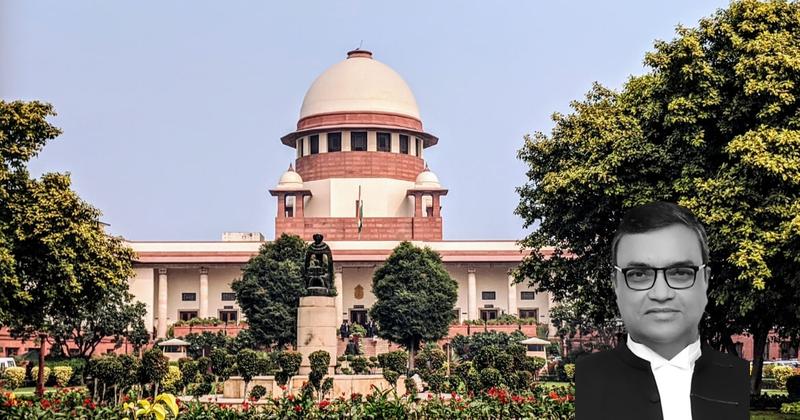The recent ruling by the Delhi High Court regarding the approval of special education seat enhancements has sparked a discussion on balancing equity and public interest. The case involved multiple institutions investing in infrastructure for special education courses, with the Council’s decision to return applications causing controversy. Find out how the court’s judgment addresses the concerns raised by institutions and the implications for educational policy.
Facts
- The Council invites fresh proposals from institutions for approval of RCI training programs for academic session 2024-25.
- Restriction of number of programs to ten was relaxed for institutions with requisite infrastructural facilities due to shortage of Human Resource in the disability sector.
- The Enhanced Seats Circular and Fresh Proposals Circular were issued by the Council.
- The issue considered common to all writ petitions was taken from WP (C) 5398/2024.
- Students undergoing these courses become rehabilitation professionals known as Special Educators for educating Persons with Disabilities (PwDs).
- The Court is mandated to assess the legality of the respondents’ actions regarding the petitioners’ applications and the increase in seat intake for special educators in existing institutions.
Arguments
- Mr. Sharawat contests the decision to return the petitioners’ applications based on a letter from the Hon’ble Minister as being outside the parameters of the RCI Act.
- He argues that the Ministry cannot issue executive directions in areas governed by legislation.
- The decision was taken solely based on the Minister’s letter without independent consideration by the RCI.
- Mr. Sharawat points out that the RCI Act does not allow interference by the Central Government in granting approvals for Special Education courses.
- He highlights the lack of statutory provision for returning the applications as cited by the respondent.
- The decision to return applications was rushed and arbitrary according to Mr. Sharawat.
- He questions the legality of permitting existing institutions to increase their seat intake without specific norms in place.
- The NEP 2020’s provisions, as noted by Mr. Sharawat, support the urgent need for additional Special Educators.
- Ms. Jauhari, representing the respondent, defends the decision and highlights the need for more special educators.
- She relies on NEP 2020’s multidisciplinary approach to teacher education and the decision being presented to the EC prior to implementation.
- 571 institutions invested in setting up infrastructure for special education courses as per requirements
- Respondents’ actions have jeopardized the efforts and investments of these institutions
- Central Government’s interference in executive discretion questioned based on Rajendra Nagar Adarsh Grah Nirman Sahkari Samiti Ltd v. State of Rajasthan
Analysis
- The Circulars dated 30 May 2023, 18 August 2023, and 22 August 2023 issued by the Rehabilitation Council of India invited fresh proposals from institutions for conducting various special education training programs for the academic session 2024-2025 without limitation.
- The Circulars set out guidelines and pre-requisites for institutions seeking approval to conduct special education courses, including financial and infrastructural requirements.
- The representations made in the Circulars induced the public, including the petitioners, to believe that fresh proposals for all special education courses were welcome.
- The decision to return the petitioners’ applications was based on a letter dated 27 December 2023 from the office of the Hon’ble Minister, which was found insufficient as the sole basis for the decision.
- Promissory estoppel principles were applied considering the irreversible positions of the petitioners due to their investments and infrastructure setup based on the Circular representations.
- The decision not to consider fresh proposals for D.Ed. Spl. Ed. and B.Ed. Spl. Ed. courses lacked supervening public equity as justification and affected the petitioners’ positions.
- The Council’s decision to continue diploma courses in special education based on demand and invite proposals for the 2024-2025 academic session was reiterated in the 90th meeting.
- The necessity to balance equity and public interest in government decisions, especially in educational policy matters, was highlighted with the need for transparency and fairness.
- The legal justifiability of the decisions and the adherence to principles like restoration of status quo ante and public representations were central issues in the analysis of the case.
- Institutes must obtain prior approval from the Council/Central Government to start a rehabilitation professional course.
- Approval process involves approaching the Council through the respective State Government/Union Territory Administration.
- State Government/Union Territory Administration must assess the need for professionals and indicate their stance on NGOs managing such institutes.
- Chairperson can exercise Council’s powers in urgent matters, subject to ratification by the Executive Committee.
- Regulations related to Annual General Meeting and powers/functions of the Executive Committee are outlined for conducting Council’s affairs effectively.
- It is possible for the Government to be held bound by a promise through the principle of promissory estoppel.
- The Government can deviate from the promise if there is an overriding public interest that justifies such action.
- The case of Pt. Prasadi Lal Kakaji Teacher Training College v. N.C.T.E. established that promissory estoppel applies against the Government.
- The Government can change its position if there is a supervening public equity, but only after ensuring that such a public interest actually exists.
- The decision in the case of Motilal Padampat Sugar Mills Co. Ltd. v. State of U.P. sets a clear precedent on this matter.
- Urgent need for additional Special Educators is recognized
- Public interest cannot justify return of applications for new D.Ed. Spl. Ed. and B.Ed. Spl. Ed. courses
- Return of applications cannot be justified by NEP 2020
- Clear position in law does not necessitate addressing other issues or cited decisions
Decision
- The decision granting approval for seat enhancement is subject to verification of requirements.
- The Council will conduct an inspection before seats are increased.
- The Circulars dated 4 January 2024 and 8 March 2024, returning the petitioners’ proposals, are quashed in part.
- The proposals will be processed in accordance with the law.
- The challenge to the Circular dated 8 March 2024 allowing existing institutions to increase seats is dismissed.
- The writ petitions are partly allowed with no costs.
- The decision on seat enhancement will be based on fulfilling requirements and inspection by the Council.
Case Title: SIKKIM PROFESSIONAL UNIVERSITY DEPARTMENT OF SPECIAL EDUCATION Vs. SIKKIM THROUGH ITS REGISTRAR REHABILITATION COUNCIL OF INDIA (2024:DHC:4642)
Case Number: W.P.(C)-5741/2024



